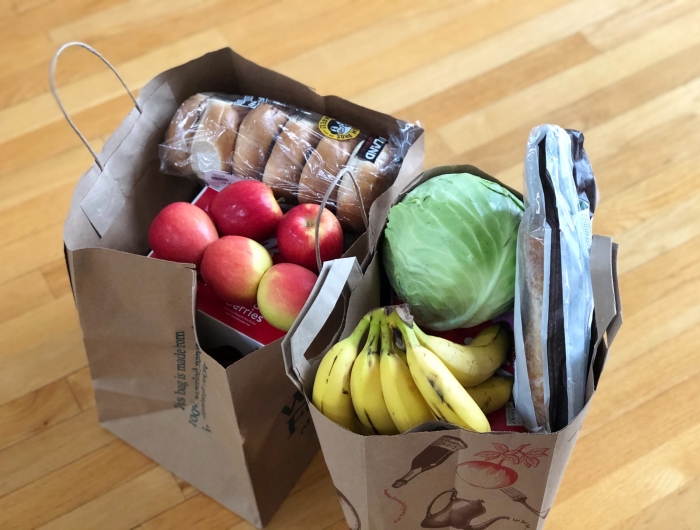Rhode Island expands SNAP access with major investment of state funds

Maria Lin Kim - unsplash.com.
Statement of CSPI president Dr. Peter G. Lurie
The Center for Science in the Public Interest applauds the passage of the Rhode Island Public Assistance Act (H7490). This monumental piece of legislation invests $11.5 million towards a retail SNAP incentives pilot program, providing critical nutrition access to over 138,000 Supplemental Nutrition Assistance Program recipients in the state.
This program allows SNAP households to receive a fifty-cent credit on their EBT card for every dollar spent on eligible fruits and vegetables at participating retailers. This is the second largest investment in nutrition incentive programming on a statewide level, and the largest investment in a brick-and-mortar retail-focused program.
Furthermore, this program will be administered by the Rhode Island Department of Human Services and be distributed directly onto SNAP recipients’ benefit cards. This innovative strategy allows nutrition incentive programs to be simplified for SNAP recipients who often balance navigating multiple government and non-profit-based systems to receive food. The ability of SNAP participants to shop seamlessly with a one-card system should increase participation in fruit and vegetable incentive programs and save time for families facing barriers to getting a nutritious meal on the table.
"This landmark commitment will go a long way to promote health equity and healthy eating in Rhode Island, where 35 percent of persons of color are food insecure,” said our colleague Dr. Amy Nunn of Rhode Island Public Health Institute.
Congratulations to the Nourish Rhode Island Coalition, led by Rhode Island Public Health Institute, for their incredible advocacy. We thank State Senator Valarie Lawson and Representative Jean Phillipe Barros for their leadership. CSPI is happy to have supported this work and we look forward to watching the implementation of this legislation and learning from Rhode Island’s commitment to the health of SNAP recipients. Nutrition Incentive Programs are available in over half of U.S. states and have a proven track record of increasing fruit and vegetable intake for program participants. We look to other state legislators to follow Rhode Island’s lead and invest in the health of communities across the country.
Contact Info: Contact Jeff Cronin

